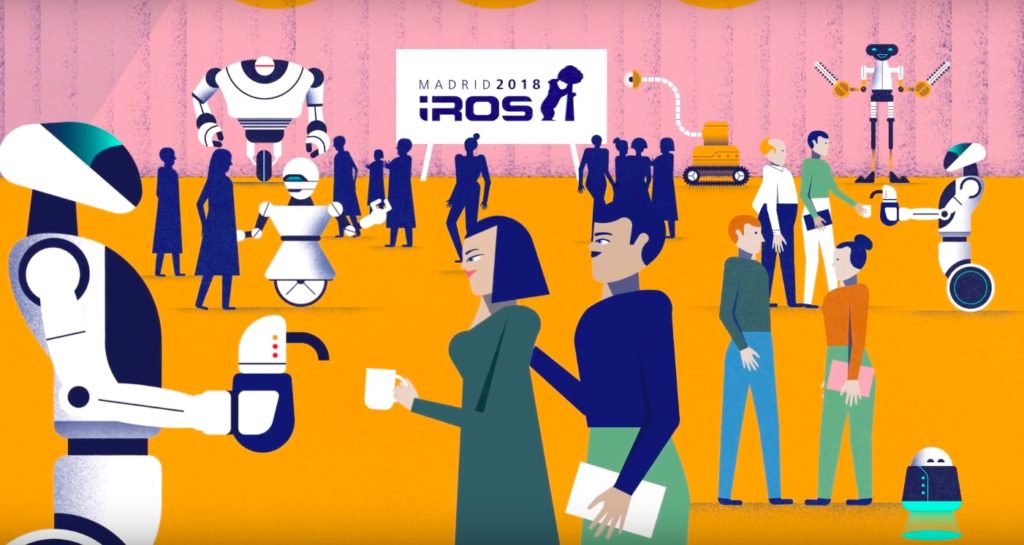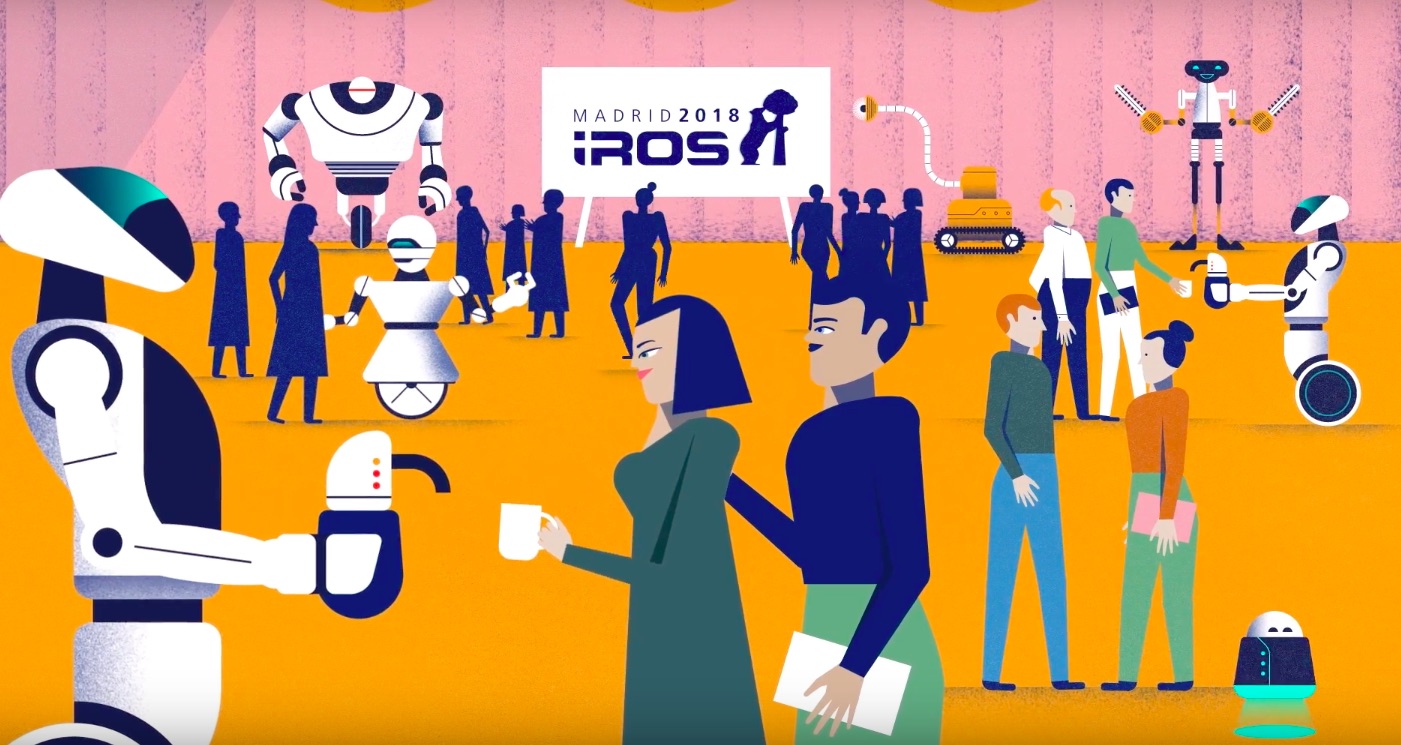
Robohub.org
273
Presented work at IROS 2018 (Part 1 of 3) with Alexandros Kogkas, Katie Driggs-Campbell and Martin Karlsson


In this episode, Audrow Nash interviews Alexandros Kogkas, Katie Driggs-Campbell, and Martin Karlsson about the work they presented at the 2018 International Conference on Intelligent Robots and Systems (IROS) in Madrid, Spain.
Alexandros Kogkas is a PhD Candidate at the Imperial College London and he speaks about an eye tracking framework to understand where a person is looking. This framework can be used to understand a person’s intentions, for example to hand a surgeon the correct tool or helping a person who is paraplegic. Kogkas discusses how the framework works, possible applications, and his future plans for this framework.
Katie Driggs-Campbell is a Post Doctoral Researcher at Stanford’s Intelligent System Laboratory and is—soon to be—an Assistant Professor at University of Illinois Urbana-Champaign (UIUC). She speaks about making inferences about the world from human actions, specifically in the context of autonomous cars. In the work she discusses, they use a model of a human driver that they use infer what is happening in the world, for example a human using a crosswalk. Driggs-Campbell talks about how they evaluate this work.
Martin Karlsson is a PhD student at Lund University in Sweden, and he speaks about a haptic interface to mirror robotic arms that requires no force sensing. He discusses a feedback law that allows a mirroring of forces and his future work to deal with joint friction.
Links
- Download mp3 (12.0 MB)
- Subscribe to Robots using iTunes
- Subscribe to Robots using RSS
- Support us on Patreon
tags: Actuation, Algorithm Controls, c-Research-Innovation, Industrial Automation, podcast, Research, Robotics technology, Sensing





